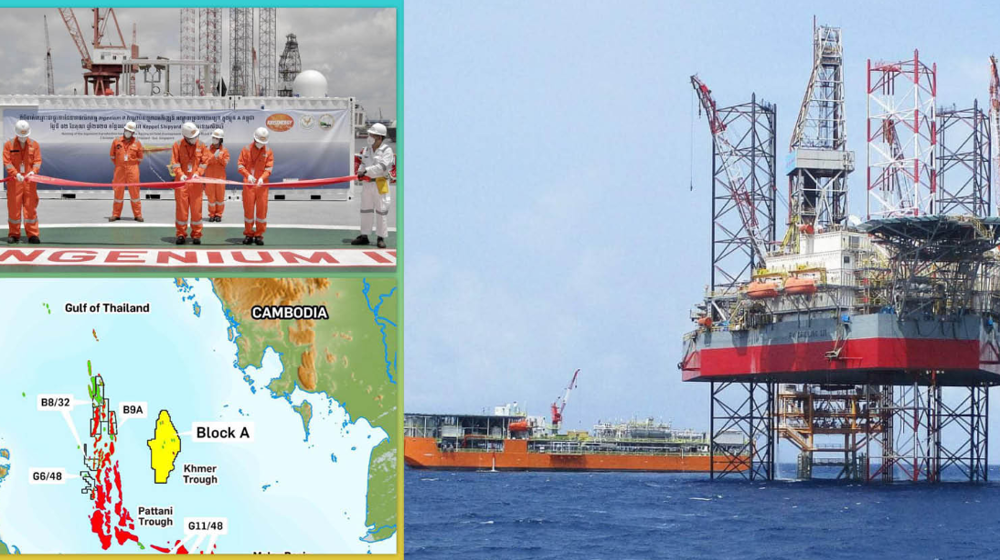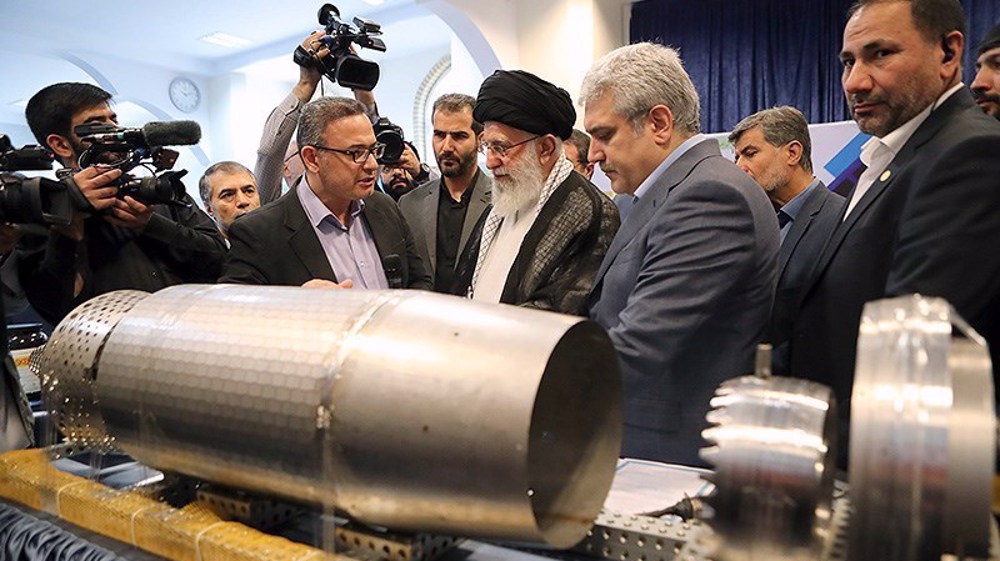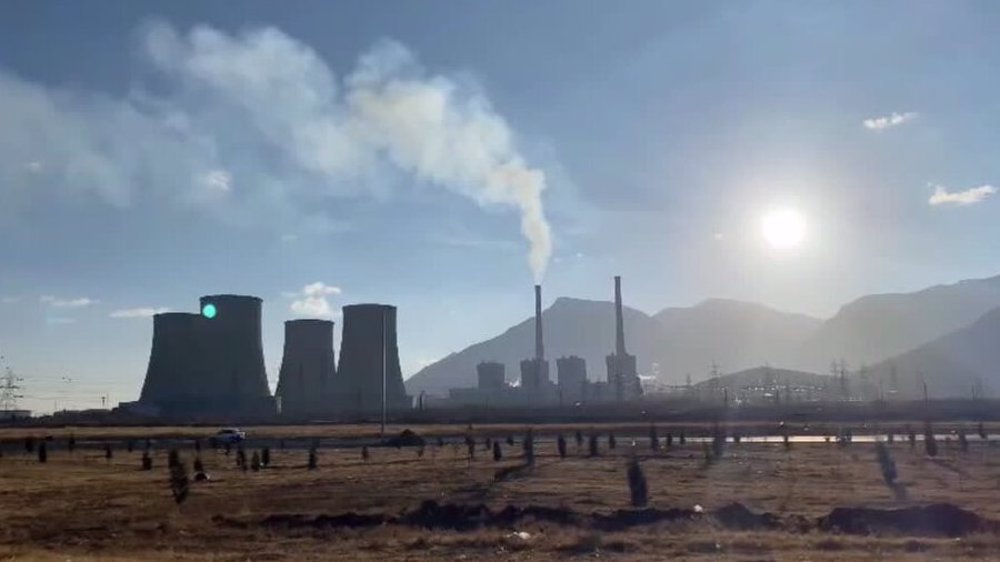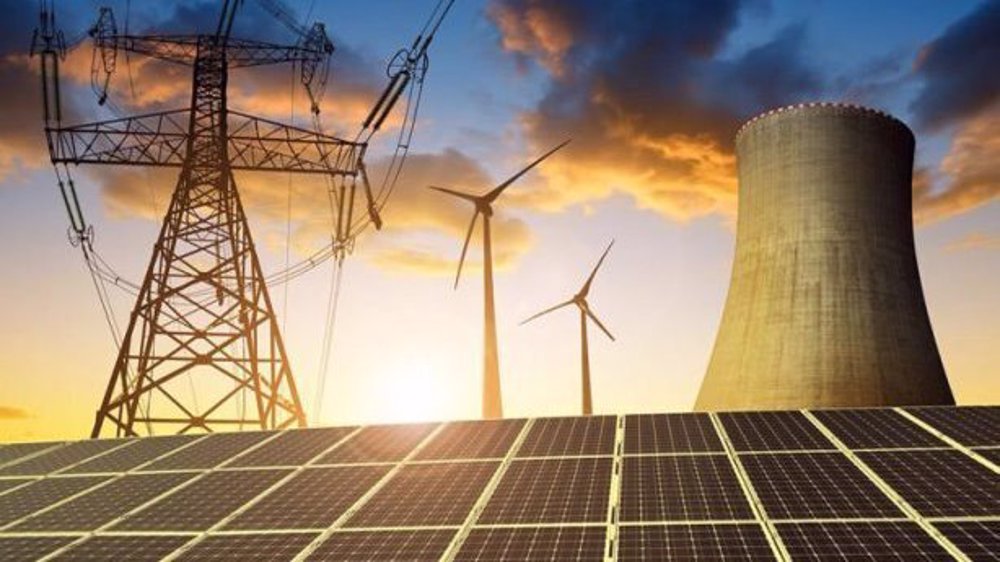After Venezuela, Cambodia invites Iran for oil, gas exploration
Cambodia has invited Iran to conduct oil and gas exploration in the country and set up a refinery, the Phnom Penh Post reports.
Cambodian Minister of Mines and Energy Suy Sem asked Iran during a meeting with Iranian ambassador to Vietnam and Cambodia Ali Akbar Nazari Tuesday to study the country's existing oil blocks and new areas that have the potential to produce oil and gas, the paper said.
The ministry's petroleum department director-general Cheap Sour said Iran has significant experience as an oil and gas producer. He told the Post that the ministry had called on Iran to study the feasibility of investing in Cambodia's existing oil blocks and explore new ones.
Sour said the talks were at a very early stage, but saw them as a boost to further economic cooperation between the two countries.
"This is a start, but it is not yet clear which investors from Iranian companies will be able to invest; it is just a diplomatic discussion. Now we are waiting to see," he was quoted as saying.
According to Sour, there are also plans to study the feasibility of setting up a refinery in Cambodia, and developing technical assistance and human resource training in the petroleum sector and energy trade cooperation, investment mobilization, and development of electricity infrastructure.
Cambodia has long been hoping to become an oil producing country but oil exploration at its Apsara offshore oilfield was suspended when Singapore-listed investment company KrisEnergy, which had been conducting pumping operations there, went bankrupt.
The company had managed to pump about 300,000 barrels of oil when it shut down operations.
Since then, Cambodia has been trying to get other investors as well as research teams to the area and get its oil producing ambition back on track. The country is in a race against time to explore possibilities in the oil sector, the resources of which it shares with neighboring Thailand.
Royal Academy of Cambodia (RAC)'s international economics director Hong Vanak was quoted as saying that if Iran agreed to invest in and develop the country's oil blocks, the local oil sector would benefit from it.
He said Iran's good qualifications and experience in oil and gas was something Cambodia's own industry can benefit greatly from.
On Tuesday, Iran signed initial agreements, including for developing oil and gas fields in Venezuela which has seen its oil industry decimated by US sanctions.
Iran's Minister of Petroleum Javad Owji made the announcement on the sidelines of the summit of the gas exporting countries in the Qatari capital where he said similar agreements would be signed with other countries.
“Other memoranda of understanding reached with Venezuela covered the renovation and modernization of oil and gas refineries, the transfer of technology and the provision of technical and engineering services,” the minister was quoted as saying by official IRNA news agency.
Last month, an Iranian petroleum engineering company signed an agreement to provide technical and maintenance services, including on engineering and construction of gas pipeline networks, pumping stations and gas storage facilities, to Romania’s Gaz Vest.
As an oil and gas superpower, Iran has a sprawling petroleum industry which has been subject to the most draconian sanctions by successive US governments. The sanctions, however, have been a boon to Iranian companies which have attained some impressive milestones and feats that hitherto were exclusive to international companies.
One success story is Mapna, a power and infrastructure group which is being billed as the Iranian Siemens. It is the largest contractor for steam, gas and combined cycle and renewable power plants in Iran and has carried out major projects in the Middle East and beyond.
SADRA is Iran's largest shipyard group which has turned into an oil and gas behemoth on the fringes of Western sanctions in recent years along with Petropars, another Iranian company specializing in upstream oil and gas exploration, exploitation and production as well as downstream industries.
Petropars was awarded a multibillion-dollar deal to develop phase 11 of South Pars after French oil major Total and the China National Petroleum Corp (CNPC) withdrew from the project.
Earlier this month, Iranian companies signed $1.35 billion of deals to process natural gas extracted at the country's oilfields and develop another oilfield in its resource-rich Khuzestan province.
Panama rejects talks with US over canal control
HTS rulers name al-Qaeda operative as Syria's new spy chief
Iran voices concern about rising insecurity, violence in Syria
VIDEO | Karachi sit-in amplifies nationwide call for justice for Parachinar victims
Iran strongly condemns Israeli bombing of Yemen's civilian infrastructure
VIDEO | Press TV's news headlines
VIDEO | Israel and Iran’s Nuclear Facilities?
At least three killed as Israel bombs Sana'a airport, power plant











 This makes it easy to access the Press TV website
This makes it easy to access the Press TV website